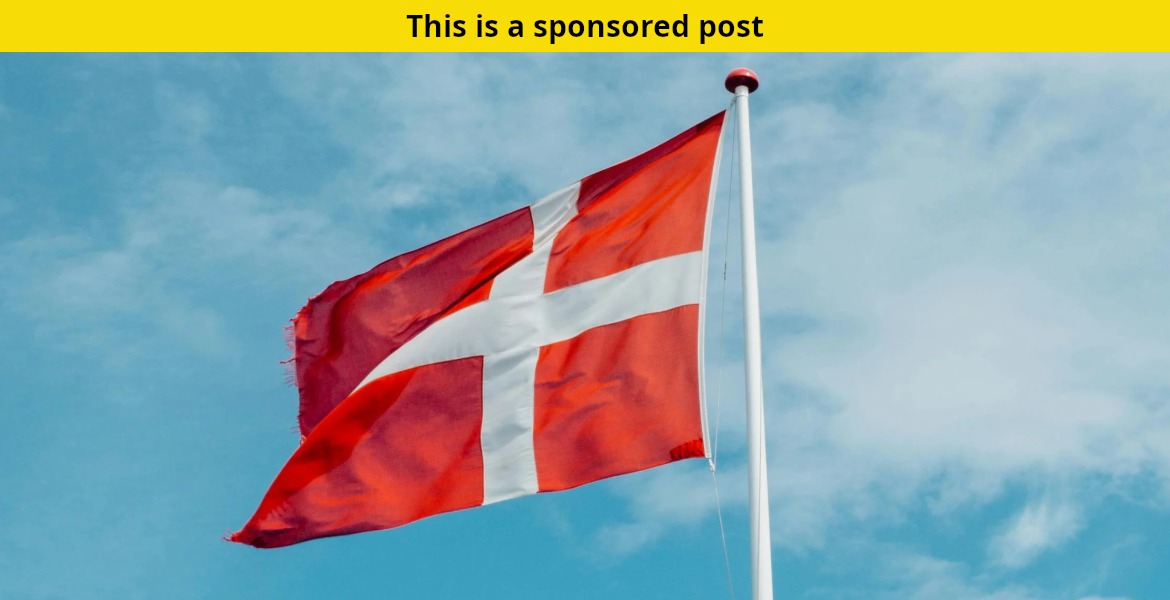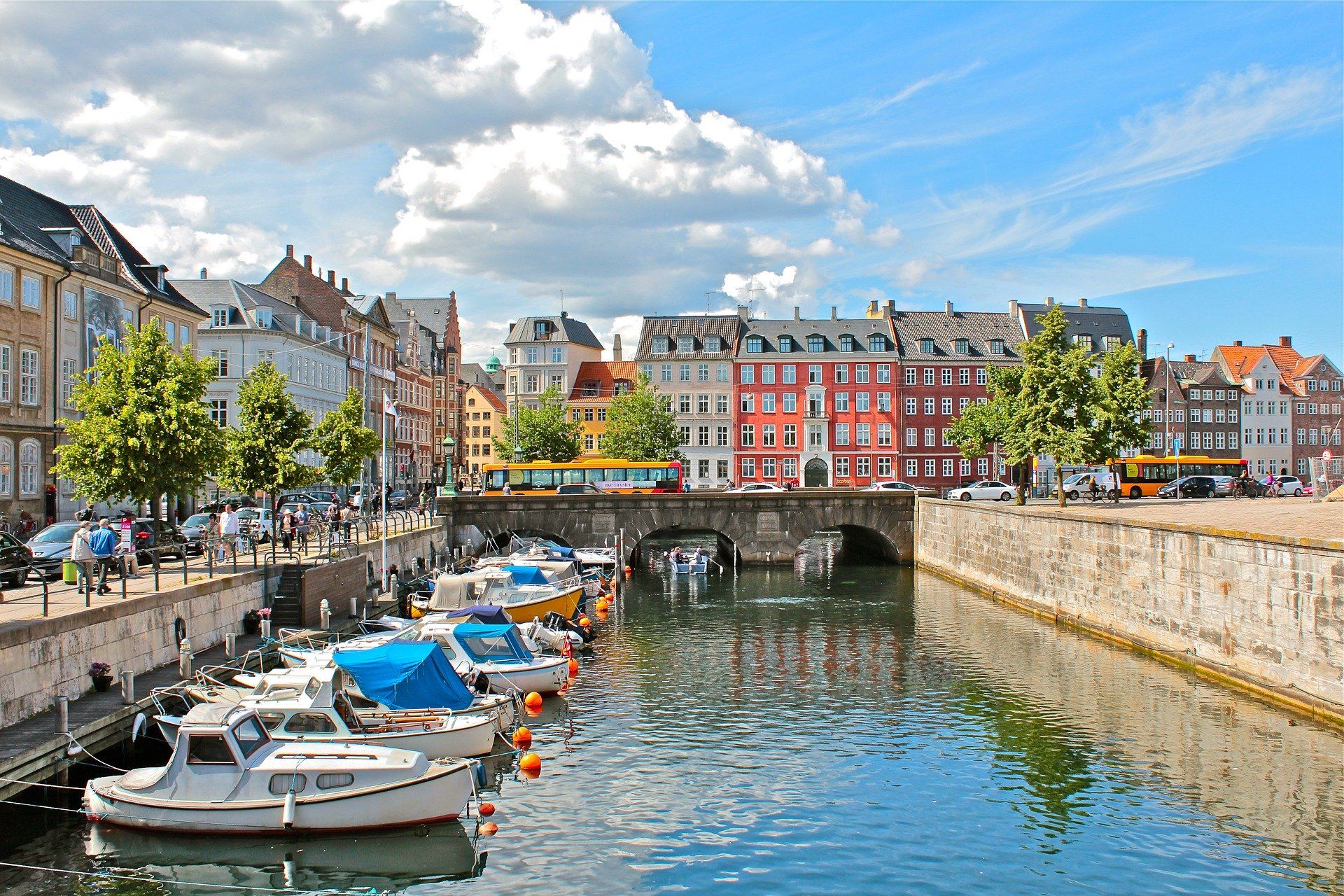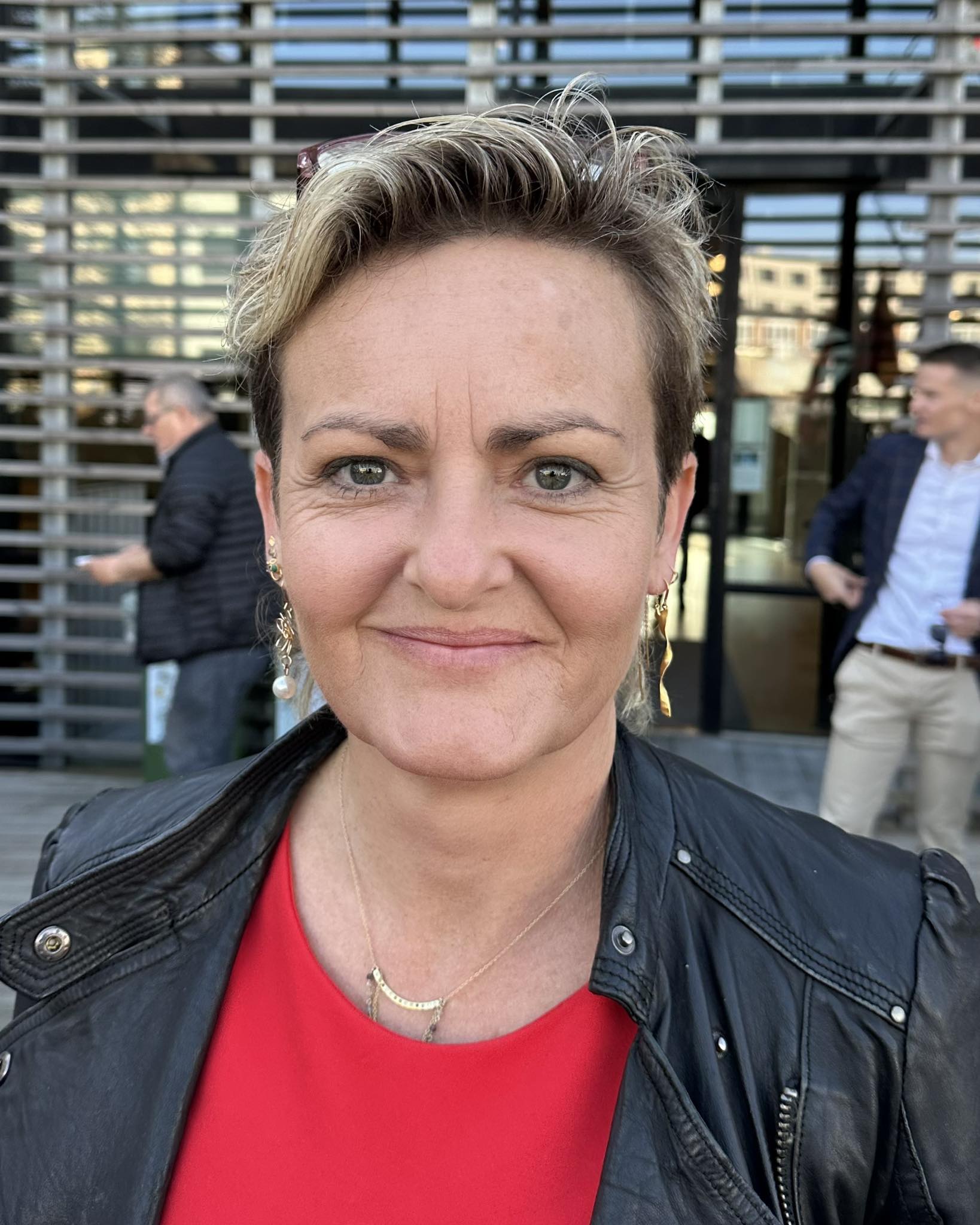Today, being a foreign student is pretty popular because this is a great opportunity for a young adult to broaden their views, skills, and get more future career opportunities. Thus, for many learners, applying for a college or university abroad is a really important step.
Of course, there are a lot of students who worry about the application process and ask themselves, “How can I write my essay in a language I don’t know?” Well, today, several solutions are available: most universities accept application essays in English, or if this option is not possible, you can turn to an assignment writing service for help.
Danish education system
Denmark offers a high-quality, tuition-free education system for EU/EEA students, with globally recognized degrees taught in English. Its universities emphasize critical thinking, collaboration, and real-world skills, making it ideal for ambitious young adults. Students enjoy modern campuses, strong student support, and a vibrant international community. Additionally, Denmark’s safe environment, innovative culture, and opportunities for part-time work make it an attractive destination for earning a degree while experiencing a unique lifestyle.
How to apply to Danish universities?
If you are interested in Danish universities, you should be aware of the route you will have to follow in order to become a student there. Here are the very first steps you need to take to try your fortune.
- Explore programs on university websites or visit optagelse.dk if you are looking for undergraduate studies.
- Check admission requirements and make sure your high school diploma or bachelor’s degree is equivalent to Danish standards. Moreover, you will have to meet subject-specific qualifications and provide proof of English proficiency, like IELTS or TOEFL.
- Prepare all the required documents. For the predominant part of institutions, you will need academic transcripts, a motivation essay, a CV, and your passport copy.
- Apply. For undergraduate programs, you can apply via optagelse.dk, which opens from February to mid-March. For Master’s programs, you should apply directly on the university’s website, and the deadlines may vary, so you should check a particular institution’s website first.
- Pay the application fee if you are a non-EU/EEA student.
- Apply for a student residence permit if you are a non-EU/EEA applicant after receiving admission.
- Track your application status via email or the university’s application portal.
Cost of studying in Denmark
Tuition in Denmark is free for EU/EEA citizens, Swiss nationals, and students with permanent or temporary Danish residence, or those holding a Danish qualifying exam (like the Danish upper secondary school leaving certificate). Non-EU/EEA students typically pay annual tuition fees ranging from €6,000 to €16,000, depending on the program and university.
Among Danish universities, the University of Southern Denmark (SDU) stands out as one of the most affordable for international students, with tuition fees starting at approximately €6,200 per year for master’s programs. On the other end of the spectrum, Roskilde University can be among the most expensive, with fees reaching up to €20,000 annually for certain programs.
Living in Denmark as a student
Living in Denmark as a student offers various housing options, including student dormitories (kollegier), shared apartments, and private rentals. Dorms are the most affordable, costing around €250–€500 monthly, but they often require early application due to high demand. Private apartments range from €500–€1,200. International students may need to show proof of sufficient funds and obtain a CPR number for access to healthcare, banking, and rental agreements.
Top universities in Denmark
Of course, you have to mind your needs and opportunities when applying for a program or an institution. In this section, we have presented the top list of universities in Denmark and the fields they are perfect for.
#1: University of Copenhagen
Denmark’s oldest and highest-ranked university, UCPH, is renowned for research excellence and a wide array of English-taught programs. The tuition for non-EU/EEA applicants is €10,000–€17,000 per academic year. For the September intake, non-EU/EEA applicants have to apply by 15 January, while EU/EEA applicants can do this by 1 March.
- Humanities
- Law
- Science
- Health & Medical Sciences
- Social Sciences
- Theology.
#2: Aarhus University (AU)
Why it’s popular: Aarhus University is known for its vibrant student life and strong international focus, offering interdisciplinary programs across various fields. If you are a non-EU/EEA student, you will have to pay a tuition that is approximately €8,000–€15,000 per academic year. For non-EU/EEA applicants, the application period finishes by 15 January, yet EU/EEA ones can hand in their applications by 15 March.
- Arts
- Business & Social Sciences
- Health
- Natural Sciences
- Technical Sciences.
#3: Technical University of Denmark (DTU)
DTU is a leading technical university, emphasizing innovation and research in engineering and technology disciplines. At this particular university, the tuition for non-EU/EEA students is about €15,000 per academic year, and you will have to provide your application by 15 January, for September intake. Well, as with most other options, EU/EEA applicants have a bit more time and can apply by 15 March.
- Engineering
- Natural Sciences
- Life Sciences
- Environmental Engineering
- Energy Technology
Denmark student visa
International students must obtain a Danish student residence permit to study in Denmark, a student visa. This permit allows full-time study and limited part-time work. The application is typically processed within two months and should be submitted after receiving a university admission letter. It’s crucial to apply early to avoid delays.
Here are the requirements you will have to meet in order to get a Danish student residence permit:
- Valid passport
- Letter of admission from a Danish university
- Proof of financial means (approx. €1,000/month for living expenses)
- Completed the application ST1 form
- Proof of paid tuition
- Passport-size photo
- Health insurance documentation
- Application fee payment receipt
Scholarships in Denmark
There are various scholarships for international students who want to study abroad in Denmark, primarily for non-EU/EEA applicants. These scholarships often cover full or partial tuition and may include living allowances. Funding is usually offered by Danish universities or government programs, based on academic merit and program relevance.
Danish Government Scholarships
This scholarship is offered to highly qualified non-EU/EEA students at participating universities. It covers tuition and may include a monthly stipend. Well, the scholarship requires a strong academic record and acceptance into a full-degree program.
Erasmus+ Program
This option is available to EU/EEA students and some partner countries. It supports student exchanges and full-time study in Denmark, as well as requires university nomination and academic approval.
Nordplus Scholarship
The scholarship is targeted at students from Nordic or Baltic countries. It supports mobility within the region for full-time or exchange studies. Among the requirements are enrollment in a participating institution and a study plan approved by both home and host universities.
Hope that this article was helpful and you have found the answers to all your questions concerning education in Denmark and how to apply for a university there.












